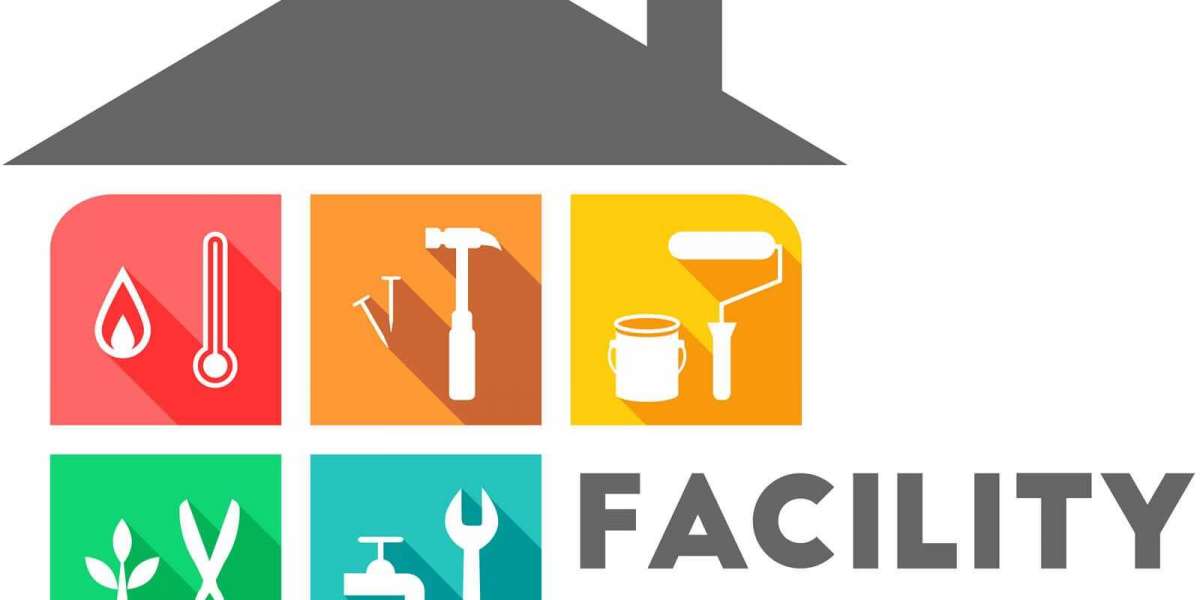Facilities management services play a crucial role in maintaining and optimizing the performance of buildings. These services ensure that a building operates efficiently, remains in excellent condition, and provides a safe and comfortable environment for occupants. Effective facilities management not only enhances the efficiency of a building but also extends its longevity, resulting in cost savings and sustainable operations. This article explores how facilities management services improve building efficiency and longevity through maintenance, energy management, safety compliance, and technological integration.
The Role of Facilities Management in Building Efficiency
1. Preventive and Predictive Maintenance
One of the primary ways facilities management services improve efficiency is through regular maintenance. Preventive maintenance involves scheduled inspections and repairs, reducing the likelihood of unexpected failures. Predictive maintenance, on the other hand, uses data analytics and monitoring tools to identify potential issues before they escalate. These proactive approaches help minimize downtime, reduce repair costs, and ensure the continuous operation of building systems.
2. Energy Management and Sustainability
Energy efficiency is a key focus of facilities management services. By implementing energy-saving measures, such as LED lighting, smart HVAC systems, and automated building controls, facilities managers can significantly reduce energy consumption. Additionally, adopting sustainable practices, such as water conservation, waste management, and green building certifications, enhances a building's overall efficiency and reduces its environmental impact.
3. Space Utilization and Optimization
Proper space management contributes to a building’s efficiency by ensuring that resources are used effectively. Facilities managers analyze occupancy patterns and workflow to optimize space utilization, reducing unnecessary costs associated with underused areas. Implementing flexible workspaces, hot-desking, and shared facilities can further improve efficiency and adaptability.
Enhancing Building Longevity Through Facilities Management
1. Structural Integrity and Asset Management
Facilities management services ensure the structural integrity of a building by conducting routine inspections and addressing wear and tear promptly. Asset management strategies help track the lifecycle of building components, ensuring timely replacements and upgrades. This proactive approach extends the lifespan of essential infrastructure, preventing costly renovations and structural failures.
2. HVAC and Mechanical System Maintenance
Heating, ventilation, and air conditioning (HVAC) systems play a vital role in maintaining indoor air quality and occupant comfort. Regular maintenance of HVAC systems prevents breakdowns, improves energy efficiency, and extends equipment life. Properly functioning mechanical systems reduce energy waste and lower utility costs, contributing to overall building longevity.
3. Roofing and Waterproofing Solutions
Roofing and waterproofing are critical to protecting a building from environmental damage. Facilities management services ensure that roofs are inspected and maintained regularly to prevent leaks, mold growth, and structural damage. Waterproofing solutions, such as sealants and drainage systems, safeguard a building against water infiltration, extending its lifespan.
Safety, Compliance, and Risk Management
1. Health and Safety Compliance
Facilities management ensures compliance with health and safety regulations, reducing the risk of workplace accidents and liabilities. Fire safety systems, emergency exits, ventilation, and accessibility features are maintained to meet legal requirements. Regular safety audits and training programs help create a secure environment for occupants.
2. Security and Access Control
A well-managed security system enhances building safety and longevity by preventing unauthorized access, theft, and vandalism. Facilities managers implement advanced security measures such as surveillance cameras, biometric access controls, and alarm systems to protect assets and occupants.
3. Disaster Preparedness and Response
Facilities management services play a critical role in disaster preparedness, ensuring that buildings are equipped to handle emergencies such as fires, floods, and power outages. Emergency response plans, backup power systems, and robust communication protocols help mitigate risks and minimize damage during crises.
Technological Integration in Facilities Management
1. Smart Building Technologies
The integration of smart building technologies has revolutionized facilities management. Automated lighting, climate control, and energy monitoring systems enhance efficiency and reduce operational costs. The use of IoT (Internet of Things) devices allows real-time tracking of building performance, enabling data-driven decision-making.
2. Computerized Maintenance Management Systems (CMMS)
CMMS software helps facilities managers schedule maintenance tasks, track work orders, and monitor equipment performance. This digital approach streamlines operations, improves accountability, and enhances overall building efficiency.
3. Artificial Intelligence and Predictive Analytics
AI-driven facilities management solutions use predictive analytics to foresee maintenance needs and optimize resource allocation. Machine learning algorithms analyze data patterns to identify potential system failures, allowing proactive interventions that extend building lifespan and reduce costs.
Conclusion
Facilities management services play a pivotal role in enhancing building efficiency and longevity. Through preventive maintenance, energy management, safety compliance, and technological advancements, these services ensure that buildings remain functional, cost-effective, and sustainable. Investing in professional facilities management not only improves operational efficiency but also preserves the long-term value of a property, making it a crucial aspect of modern building management.







